PHOTO REVIEW: International Biomass Conference & Expo






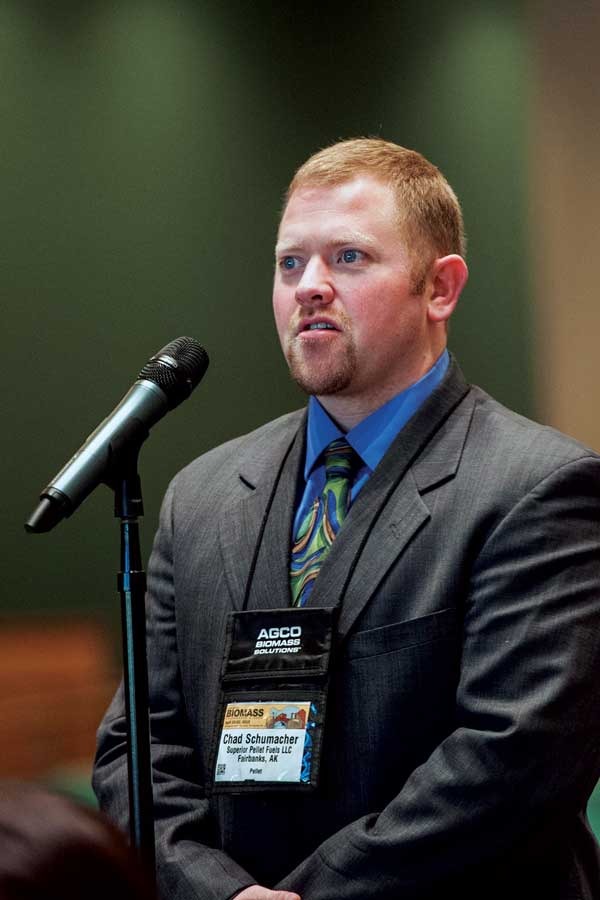





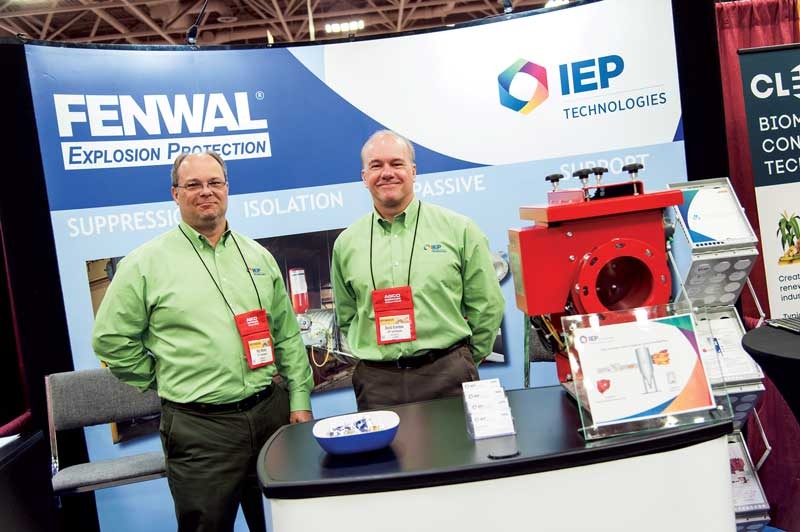


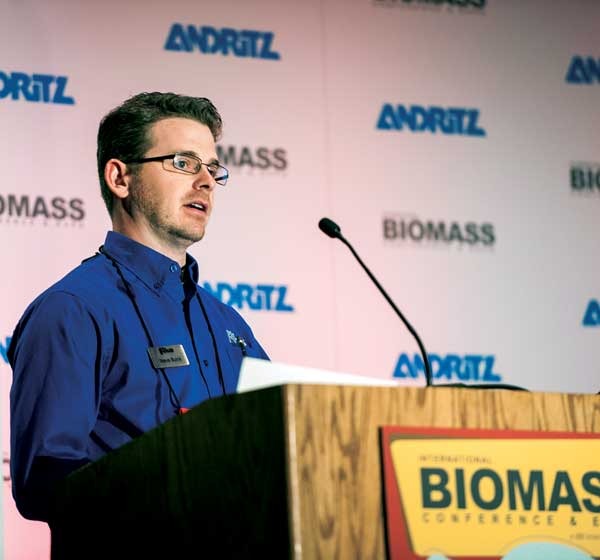

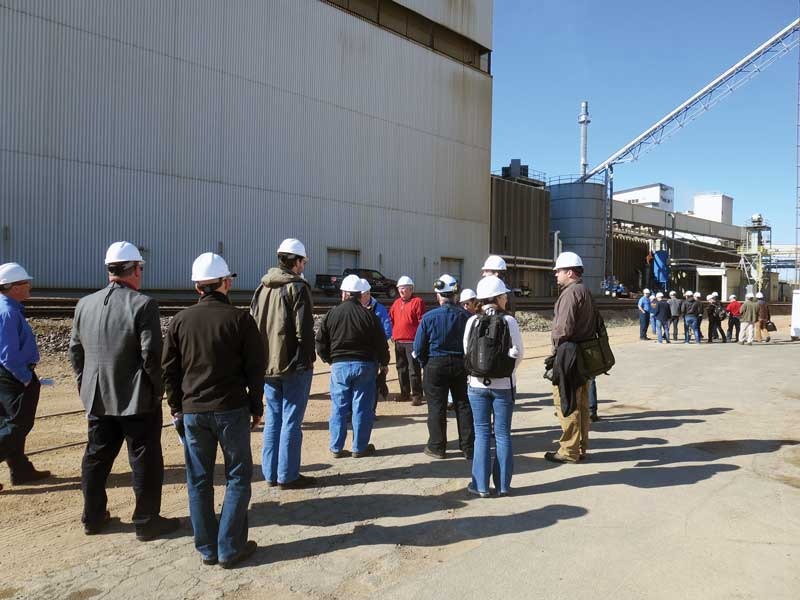
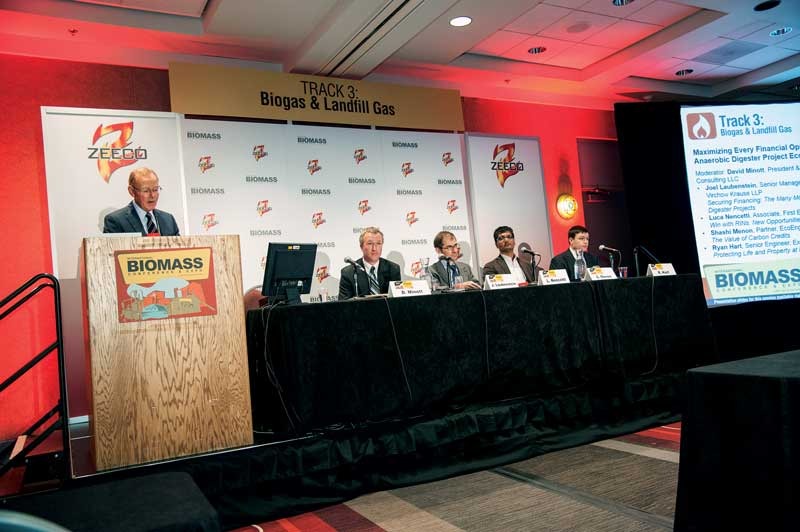




































May 27, 2015
BY Biomass Magazine Staff
Policy was the buzzword in Minneapolis at the 2015 International Biomass Conference & Expo, which brought together association leaders for its annual discussion of the past year and state of the industry.
Following the conclusion of Monday's day-long, colocated Heating the Midwest conference, the IBCE general session began Tuesday, led by Tim Portz, Biomass Magazine executive editor. The session began with some international insight shed by Gustav Melin, president of the European Biomass Association, and a call-in from Seth Ginther, U.S. Industrial Pellet Association executive director, who reiterated USIPA’s continued push for and the significance of harmonized global sustainability standards. “This is something near and dear to the industry’s heart…a one-size-fits-all for all markets.”
Melin said the pellet industry depends on policy frequently, and gave the example of the resurgence of the Dutch market after a lack of presence for several years.
Next on the panel were Joseph Seymour, executive director of the Biomass Thermal Energy Council, and Jennifer Hedrick, executive director of the Pellet Fuels Institute, who both answered questions pertaining to the Sustainable Biomass Partnership, Biomass Thermal Utilization Act, and U.S. EPA’s New Source Performance Standards.
Seymour said the past year has been a tale of two heating seasons. “Coming off 2014 with a record high for propane prices, especially in the Northwest, there was a lot of optimism going into this heating season—sales reflected that,” he said. “As we saw with the fall of oil prices this winter and spring, a lot of enthusiasm dropped off, as a number of consumers have taken, at no fault of their own, a short-term look at their heating fuels. Unfortunately, that has put a damper on the market as we end this heating season.”
Hedrick said she considered the year strong for pellet producers.
The general session panel concluded after a discussion with Bernard Sheff, board chairman of the American Biogas Council, and Carrie Annand, vice president of external affairs with the Biomass Power Association. Discussion topics included the renewable fuel standard’s (RFS) inclusion of biomass for cellulosic fuels, the Biogas Roadmap, National Bioenergy Day, and the EPA’s stance on biogenic carbon emissions.
The general session was followed by two days of technical breakout sessions categorized under biomass power and thermal, pellets and densified biomass, biogas, and advanced biofuel and chemical tracks, a networking event at Target Field’s Metropolitan Club and an industry tour of Rahr Malting and Koda Energy LLC in Shakopee, Minnesota.
Advertisement
Advertisement
Advertisement
Advertisement
Related Stories
The U.S. Department of Energy Bioenergy Technologies Office (BETO) announced up to $23 million in funding to support research and development (R&D) of domestic chemicals and fuels from biomass and waste resources.
The U.S. DOE has announced its intent to issue funding to support high-impact research and development (R&D) projects in two priority areas: sustainable propane and renewable chemicals and algal system cultivation and preprocessing.
Sens. Sherrod Brown, D-Ohio, and Pete Ricketts, R-Neb., in August introduced the Renewable Chemicals Act, a bill that aims to create a tax credit to support the production of biobased chemicals.
The Chemical Catalysis for Bioenergy Consortium, a consortium of the U.S. DOE’s Bioenergy Technologies Office, has launched an effort that aims to gather community input on the development of new biomass processing facilities.
USDA on March 8 celebrated the second annual National Biobased Products Day, a celebration to raise public awareness of biobased products, their benefits and their contributions to the U.S. economy and rural communities.
Upcoming Events










